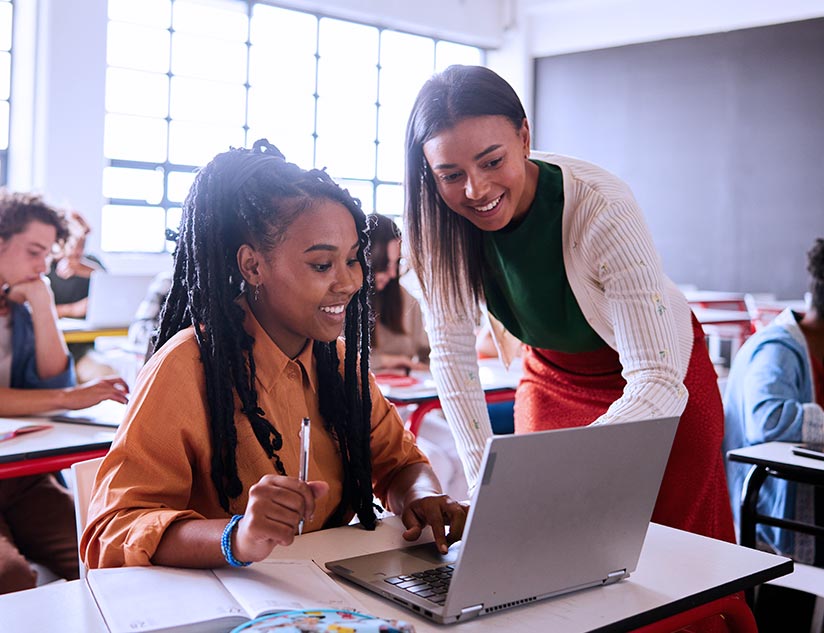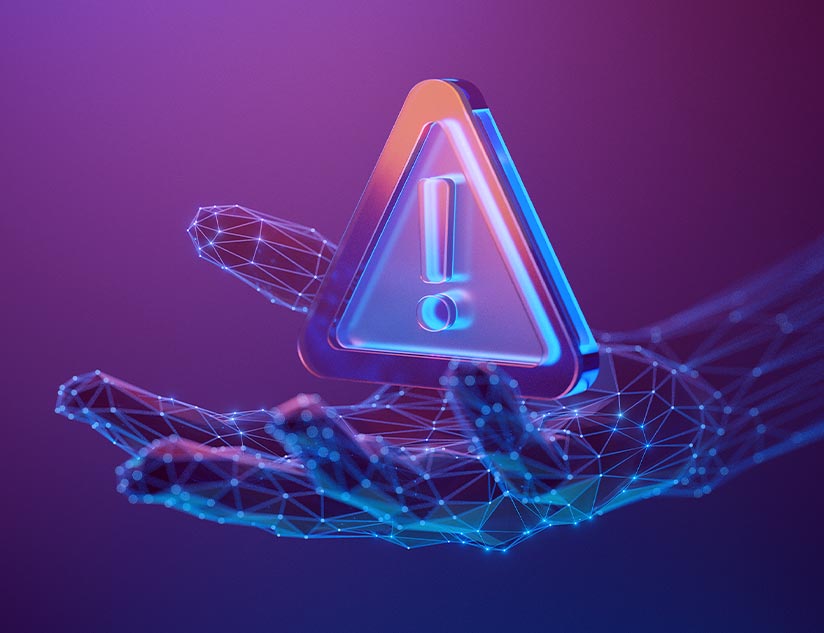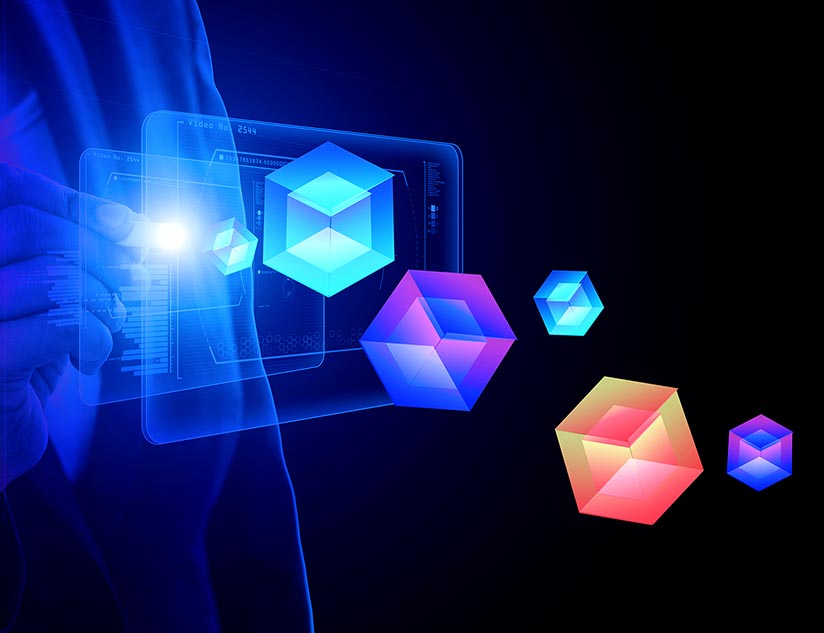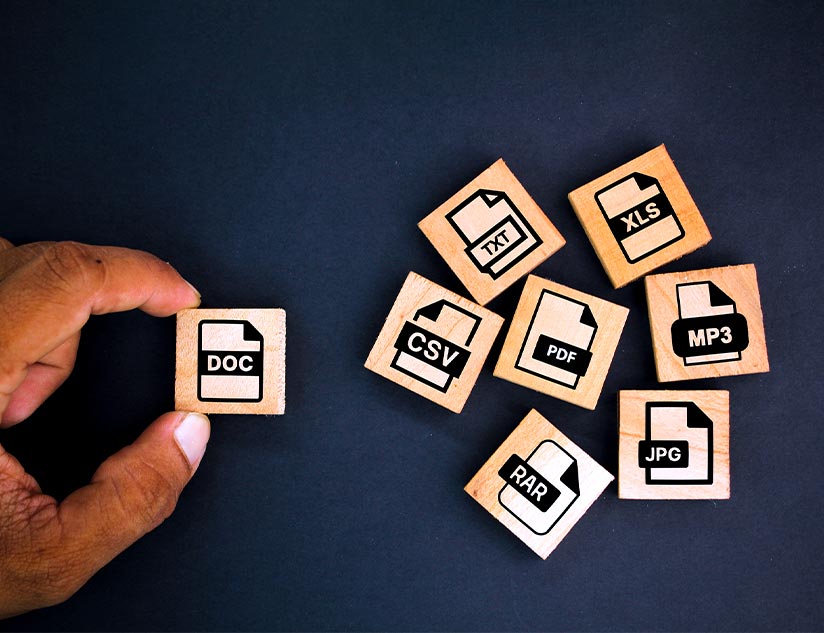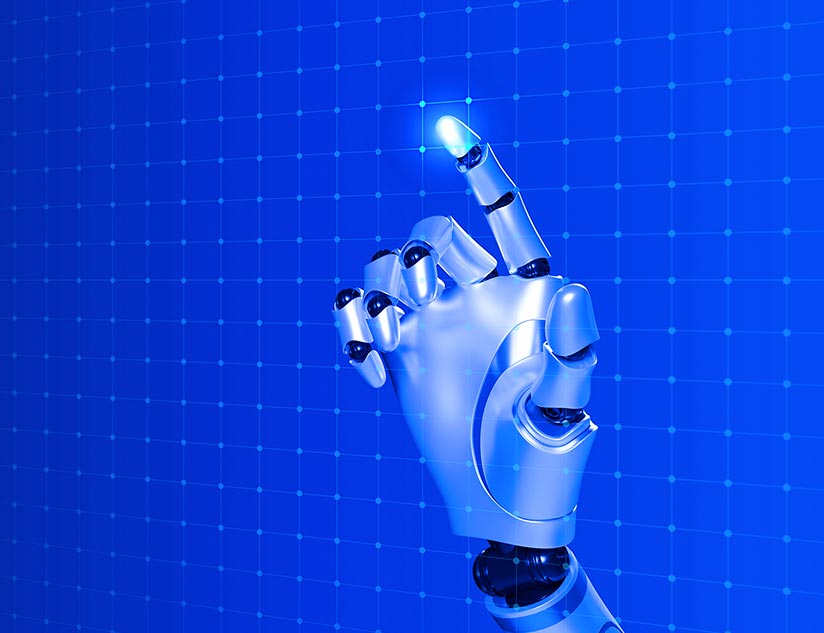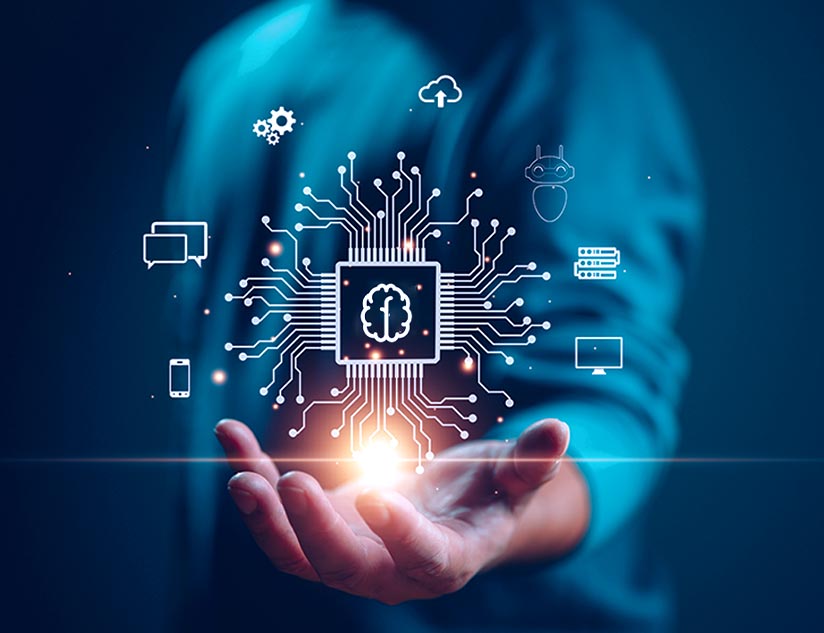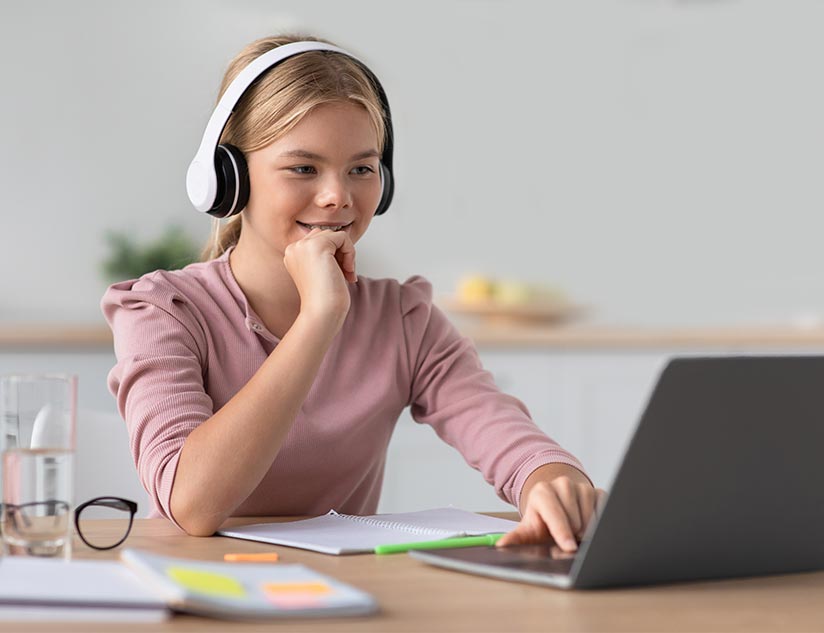Self-regulated learning and academic achievement are enhanced when education is provided in a blended learning environment, reveals a review of 163 studies across multiple countries. Blended learning combines the benefits of online learning and in-person instruction to ensure learner-centric education. It offers greater flexibility and accessibility than the traditional classroom-only method.
The numerous benefits of the blended approach are evidenced by research.
- 82% of students say they prefer blended learning to traditional teaching.
- 73% of educators say this approach enhances engagement.
- 60% of teachers also say it improves academic outcomes.
- 59% of learners agree that blended learning leads to greater motivation.
It is little wonder that 30% to 70% of learning today is accessed through blended learning modes.
Personalizing Education with Blended Learning
One of the most significant advantages of this approach to education is the opportunities it provides for personalization. Apart from students being able to choose when and where they learn, they also gain the flexibility to study subjects in their preferred content format. They can move back and forth, revising older topics or exploring new ones.
Personalized learning allows education to accommodate individual differences so students can pursue their learning goals at their own pace. Through a blend of in-person teaching and online resources, educators can provide individualized support and curate personalized learning paths to maximize engagement, motivation, and academic achievement.
EdTech: The Cornerstone of Personalized Blended Learning
Edtech enhances learning by providing immersive and interactive experiences, catering to diverse learning styles and preferences. With online tools, students become active participants in their learning journey, with the flexibility to explore concepts beyond their textbooks.
EdTech is pivotal in delivering blended learning because the core requirement is an LMS. Of course, choosing an edtech platform compatible across operating systems, browsers, and devices is essential while allowing easy third-party integrations for seamless learning experiences.
EdTech tools allow the tailoring of content recommendations, study schedules, and support based on each student’s needs and preferences. They offer flexibility in how learners engage with learning materials while allowing effective collaboration with peers and educators. The analytics tools can significantly help educators, educational publishers, and edtech firms. By analyzing learning progress, content consumption patterns, engagement levels based on most viewed titles, etc., strategic decisions can be made regarding course development, the need for technology tools, and personalized support.
Educational technology also opens the door to multiple modes of education delivery, improving accessibility. For instance, multimedia and gaming elements can be integrated within the content to enhance engagement, add captioning or read-aloud features for students with special needs, provide micro- and nano-learning content for easy comprehension and concept revision, and much more. For instance, students can view a video demonstration multiple times till they are confident about their understanding and knowledge retention.
Plus, with the evolution of AI, edtech has taken a massive leap forward, providing AI/ML-powered support to educators and students. AI-driven learning assistants offer personalized support to students 24/7, answering queries and recommending content in the absence of a teacher. AI also helps with assessments and grading, not just for multiple-choice questions but also long-form, essay-type ones with the power of machine learning. This frees educators’ time, which can be better spent offering personalized support.
The Future of EdTech in Delivering Personalized Blended Learning
With rapid advances in technology, there is great optimism regarding the ability of edtech to enhance education delivery and learning. Two key areas where edtech could transform learning are:
-
Hyper-Personalization
Advances in Big Data and Analytics will enhance the degree to which learning can be personalized. AI/ML/NLP is already helping to translate content into multiple languages and support multilingual assessments. In the future, hyper-personalization, based on language, geography, personal preferences, and much more, could be delivered to enhance engagement and learning outcomes.
-
Collaborative Learning
For now, collaboration is being promoted through edtech tools such as message boards and discussion forums. Educators can provide group assignments and assessments as well. In the future, students could collaborate in real-time to complete tasks and solve problems, building their social and communication skills.
EdTech has enormous potential to transform learning, making it more engaging, accessible, and personalized. MagicBox™ is an award-winning platform that eases the delivery of blended learning with powerful tools for personalization. Contact our team to learn how it could revolutionize your edtech or publishing business to better support educational institutions and educators.

